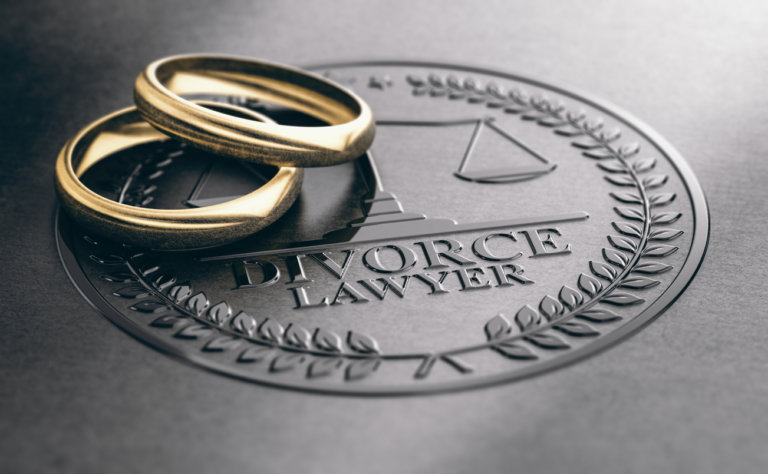Yes and no. Ethically, you and your soon-to-be former spouse are not allowed to retain the same lawyer when going through a divorce. No matter how amicable your split is, there is an inherent conflict of interest that prevents one attorney from representing the best interests of both parties. However, there is the option of having one attorney mediate the divorce for both parties. The mediating attorney is not retained by either party and does not represent either party, but is hired to help the parties mediate (negotiate) a settlement together. In most mediation cases, the mediating attorney will also draft the divorce documents for the parties.
A New Mexico family law attorney can explain the process of getting a divorce and answer your questions about why you and your soon-to-be former spouse cannot have the same attorney represent both of you in a divorce. However, one attorney can assist you in negotiating an agreement.
Misleading Arguments For Sharing A Divorce Attorney
Clearly, it is not beneficial to share your divorce attorney, but your spouse may already have an attorney and suggests that “using the same lawyer” would save money. It is very possible that your soon-to-be former pouse does not want you to hire your own attorney.
Divorce can be expensive, but getting an unfair result in your case could cost far more. The advantages of having a lawyer advocate just for you are extensive. If your soon-to-be former spouse has hired an attorney, that lawyer will argue for their best interests, not yours.
How the Divorce Papers Might Not Be as Fair as They Look
Your soon-to-be former spouse may ask for a written list of the terms on which you both agree, assuring you that their lawyer will simply draft the settlement papers to include all of those terms. Although the arrangement may sound fair, in reality, many lawyers will draft the settlement to favor their client, neglecting the terms favorable to you.
Even though a drafted settlement appears to be what you and your spouse agreed upon, there may be imperceptible items tucked in that dismantle your protections. When you attain your own attorney, you can be confident that the papers contain standard protections for you. Terms such as requiring your former spouse to refinance loans, removing your name off any indebtedness on property they are awarded in the settlement within a specified timeline.
A Spouse’s Lawyer Does Not Represent You
Your spouse’s attorney has no legal obligation to tell you your rights, explain the divorce process, or divulge how much you deserve to get for child support or spousal support. It is not in the best interests of your soon-to-be former spouse for you to know those things. Your spouse’s lawyer could violate his ethical duty to advocate for his client if he informed you about what is in your best interest.
What If You And Your Soon-To-Be Former Spouse Want Your Divorce Mediated?
If you and your soon-to-be former spouse choose to have your divorce mediated, you can hire an attorney to act as a mediator to settle your case. In this scenario, the attorney/mediator does not represent either party but helps guide them to make decisions regarding their divorce and drafts the necessary documents. However, parties typically do not have their divorce mediated as the process only works if the parties agree on most issues.
Understanding Inherent Conflicts
If there are contested matters in your divorce, you and your soon-to-be former spouse have an obvious conflict, and one attorney cannot represent both sides in any dispute. Do not make the mistake of assuming that there is no conflict of interest if you and your soon-to-be former spouse have an uncontested divorce.
Sometimes parties reach an agreement, but later the settlement falls apart. At that point, the divorce becomes contested. If a lawyer has talked with both spouses before the divorce is contested, then it is unethical for them to represent either spouse.
Even if the settlement goes through and the divorce remains uncontested, it is virtually impossible to split everything down the middle to have a precise 50/50 settlement. Some assets will have different tax consequences than others. Investments could change in value overnight between the time of the agreement and when the case gets approved by the judge. Some assets produce more income than other properties with an equal fair market value.
These are but a few examples of how the most amicable divorce still has inherent conflicts. A New Mexico family law attorney can advocate for you and protect your rights. Get in touch with our office today.

